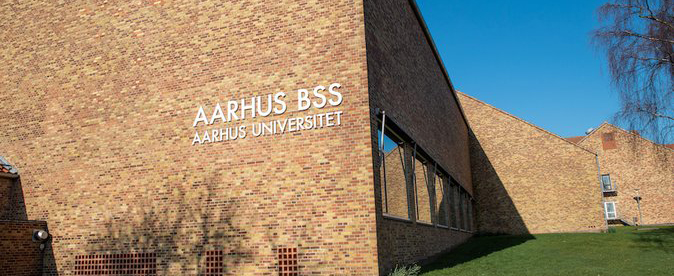BSS Case

A common way to measure teaching quality in higher education is to use student feedback in the form of student evaluation surveys to evaluate teaching (SET). Such feedback is often used:
- as provision of feedback useful for the improvement of teaching practices and programmes
- as a means to provide recognition to teachers e.g. in relation to tenure and promotion reviews, and
- for research purposes e.g. in relation to learning, and educational performance.
The use of these surveys has however also often been criticized. While research has shown that SETs can be useful for improving teaching, teachers often indicate a concern with the validity, reliability and usefulness of SETs in assessing their individual teaching efficiency.
In this case study, we investigate the use of SET at the Business and Social Science Faculty at Aarhus University, in order to examine the effects of SET on student learning, but also the mechanisms influencing the implementation of a comprehensive, and standardized SET procedure. The aim is to explore if and how systematic course evaluation supports or constrains the development of teaching across the disciplines at BSS, with focus on the role of course evaluations.
Through qualitative and quantitative analyses, we will examine these three overarching research questions:
- Does systematic student feedback on teaching function as a catalyst for sustainable pedagogical and curricular development?
- Is there empirical evidence that the BSS community responds to and uses systematic course evaluation to develop teaching and learning practices at both the level of concrete subject level, management level and policy level?
- Does systematic student feedback function as a catalyst for a change in learning, and educational outcomes at the individual course level?
